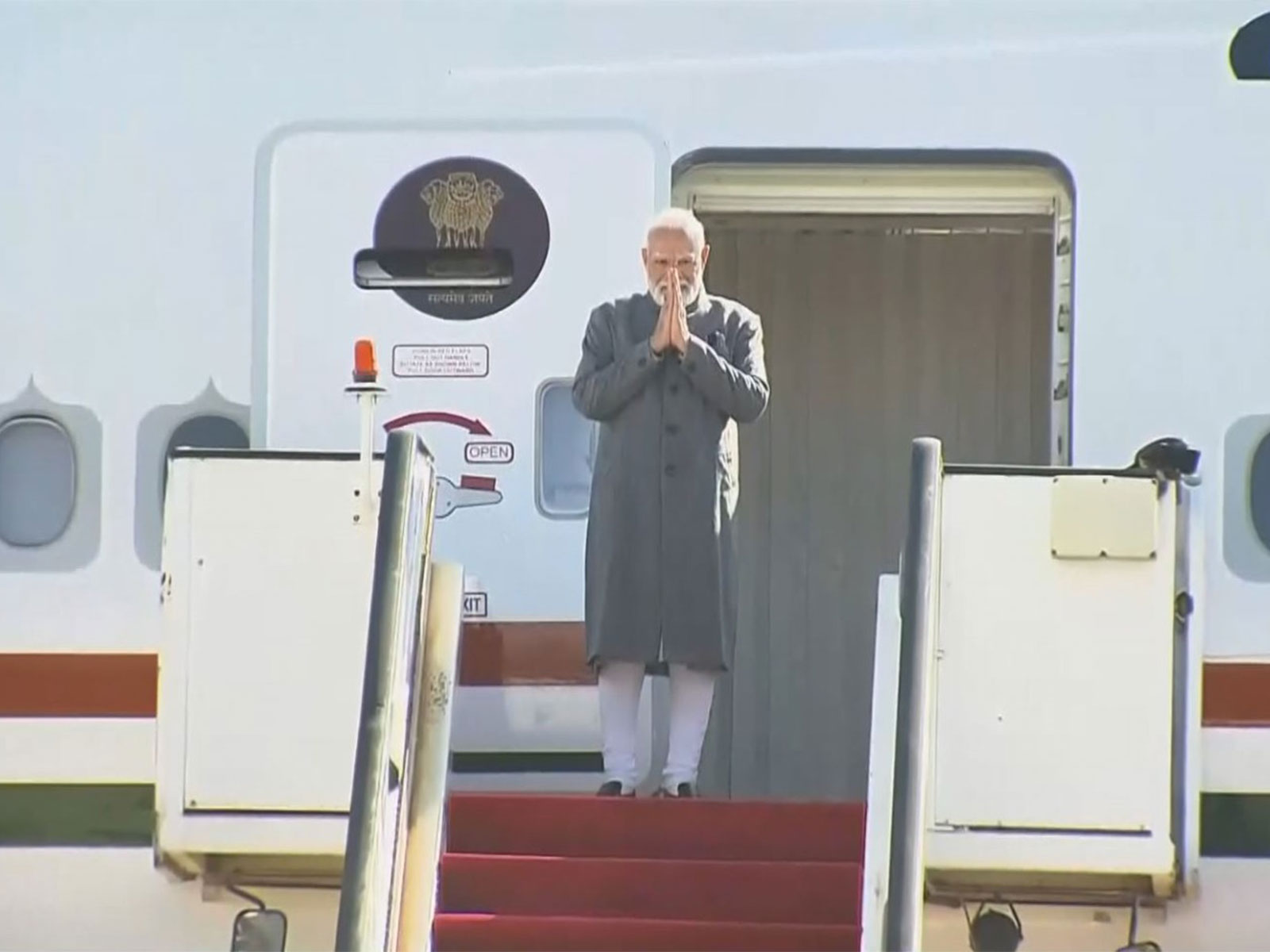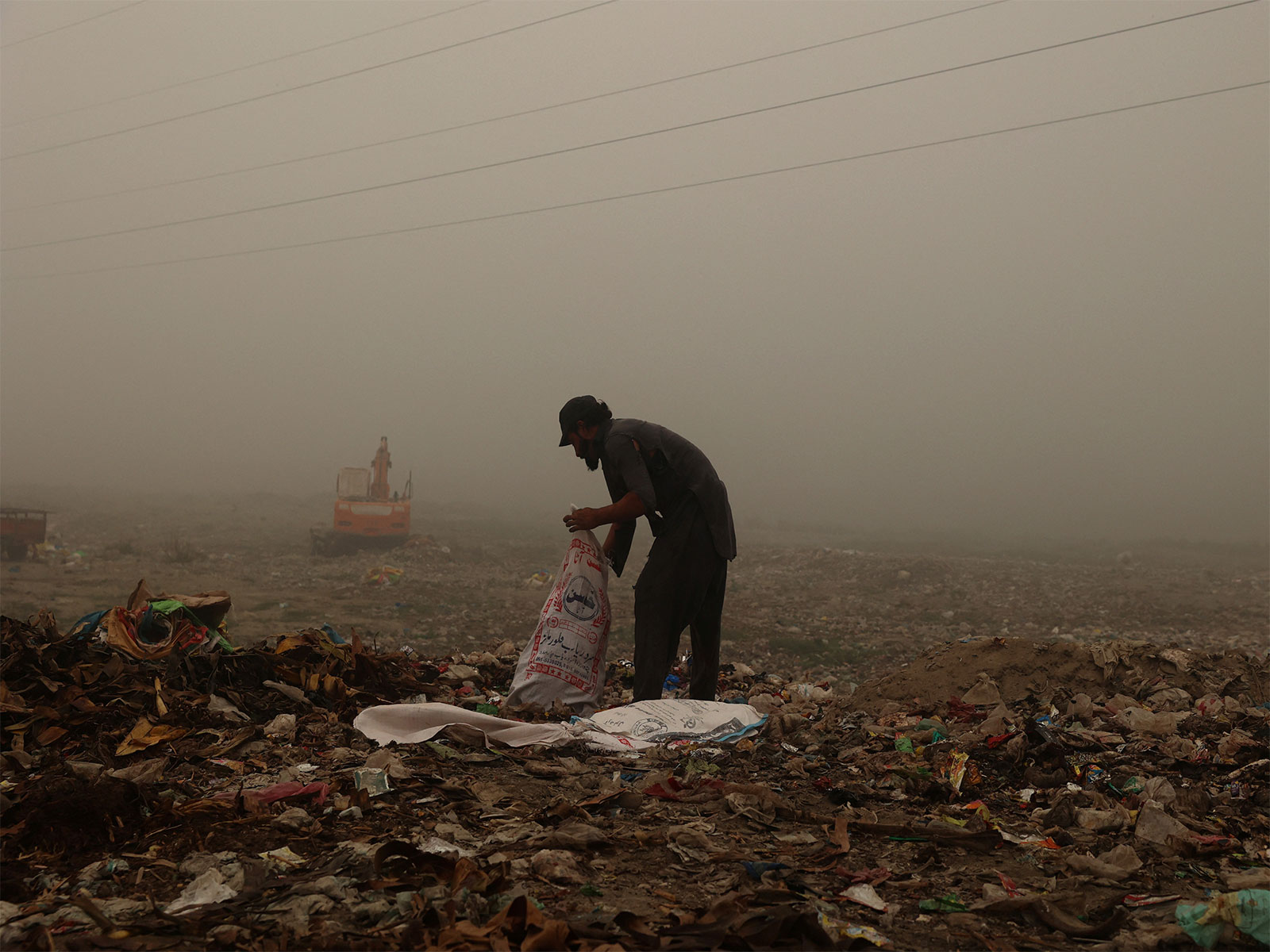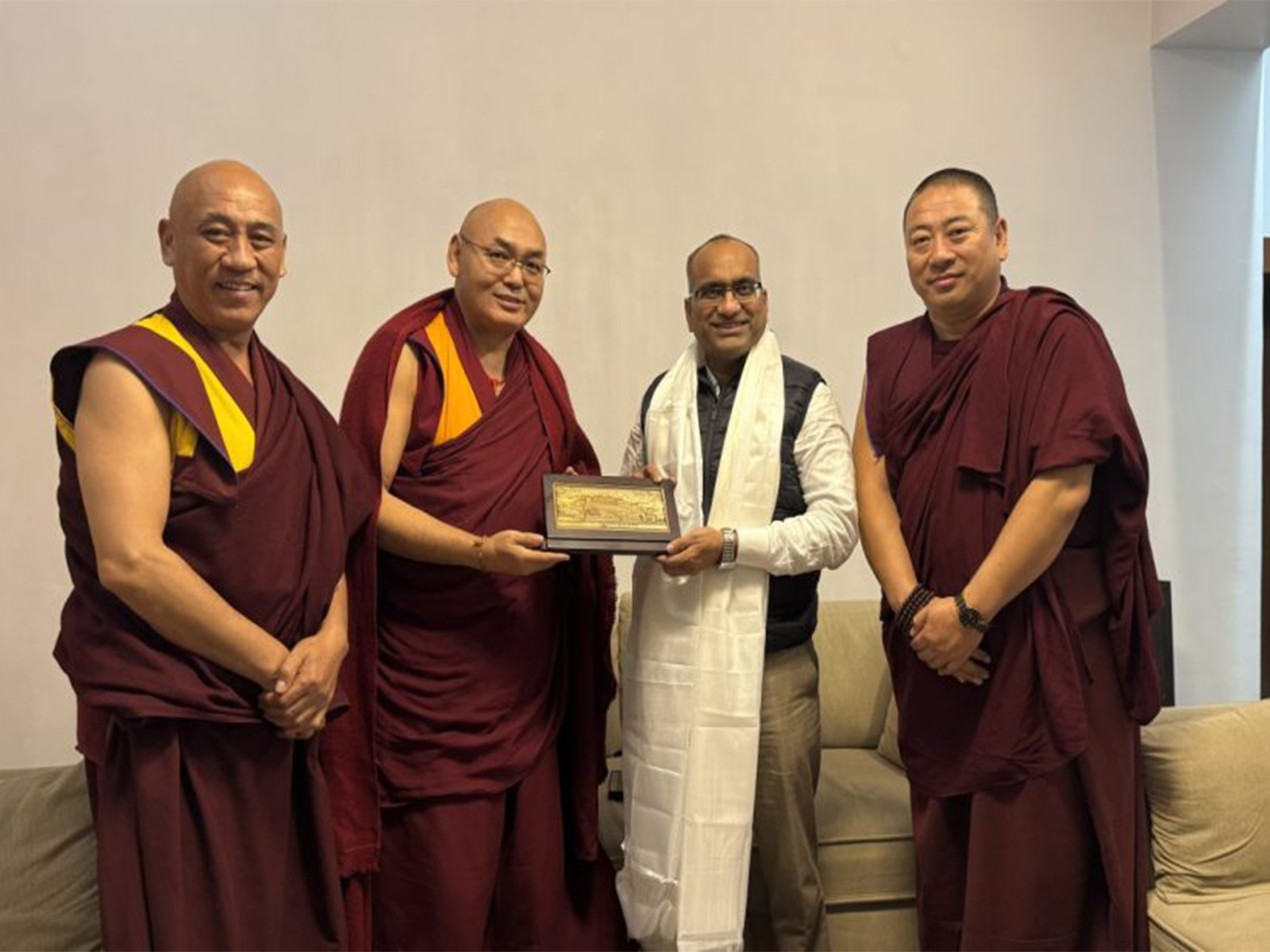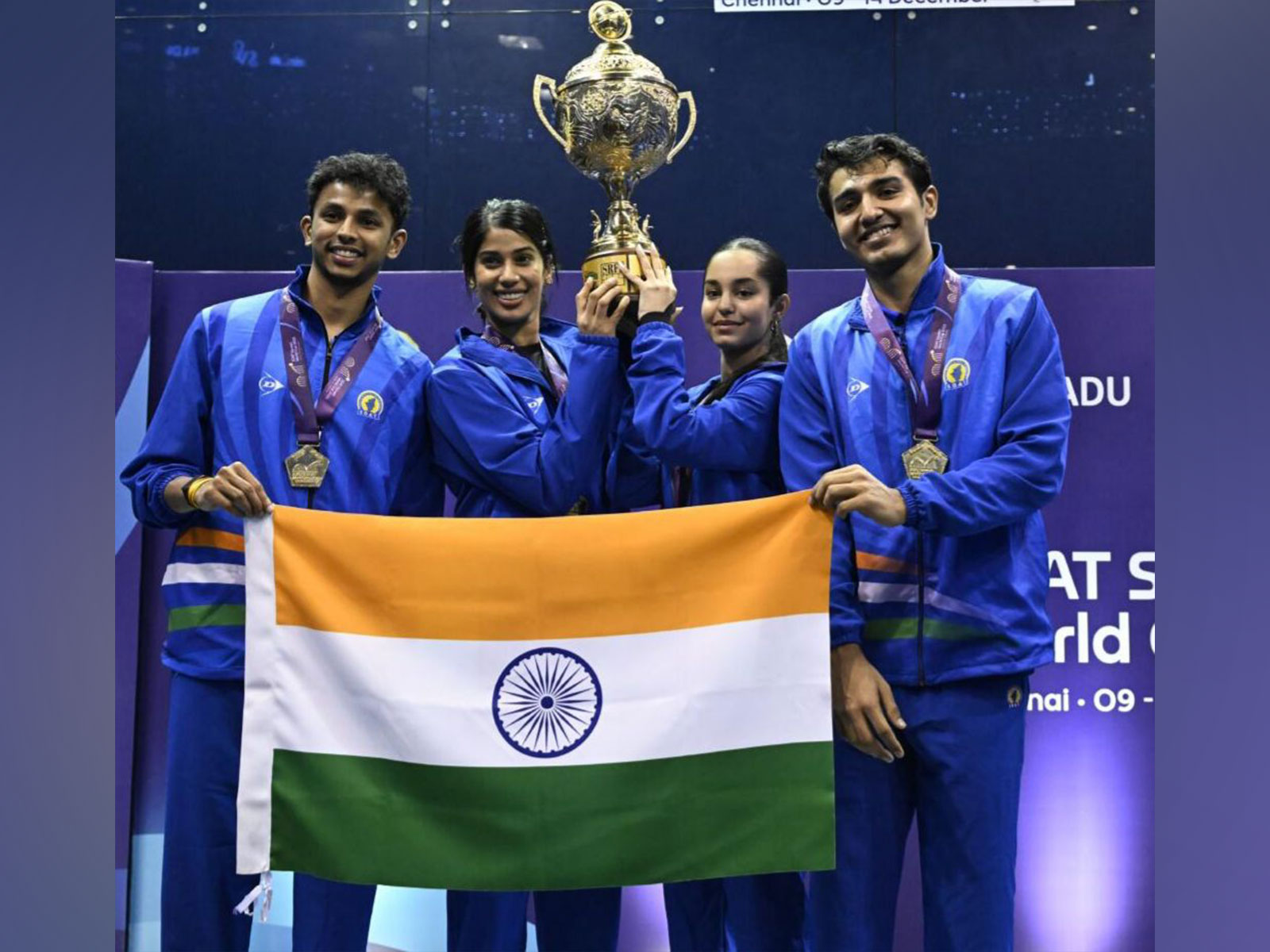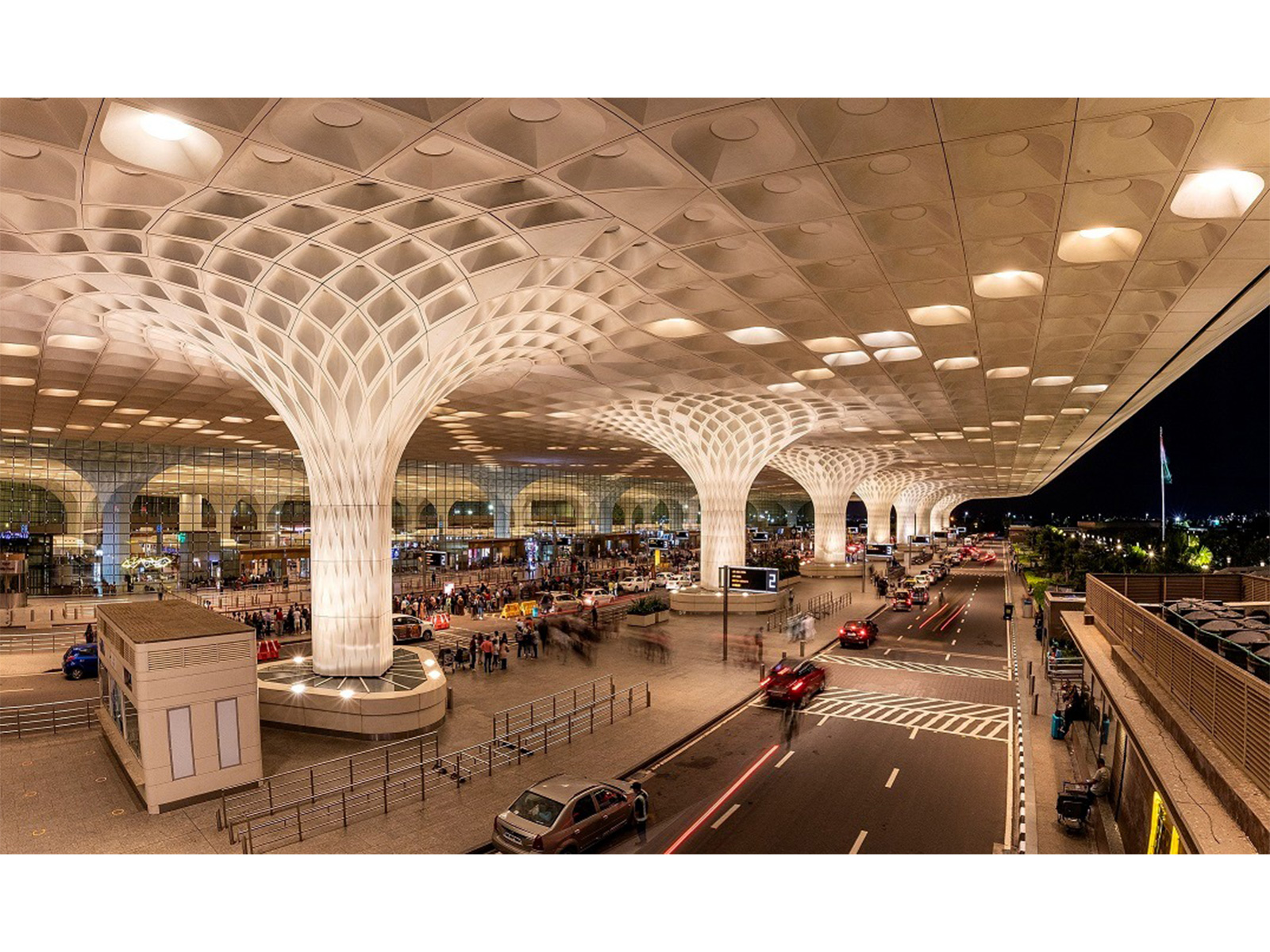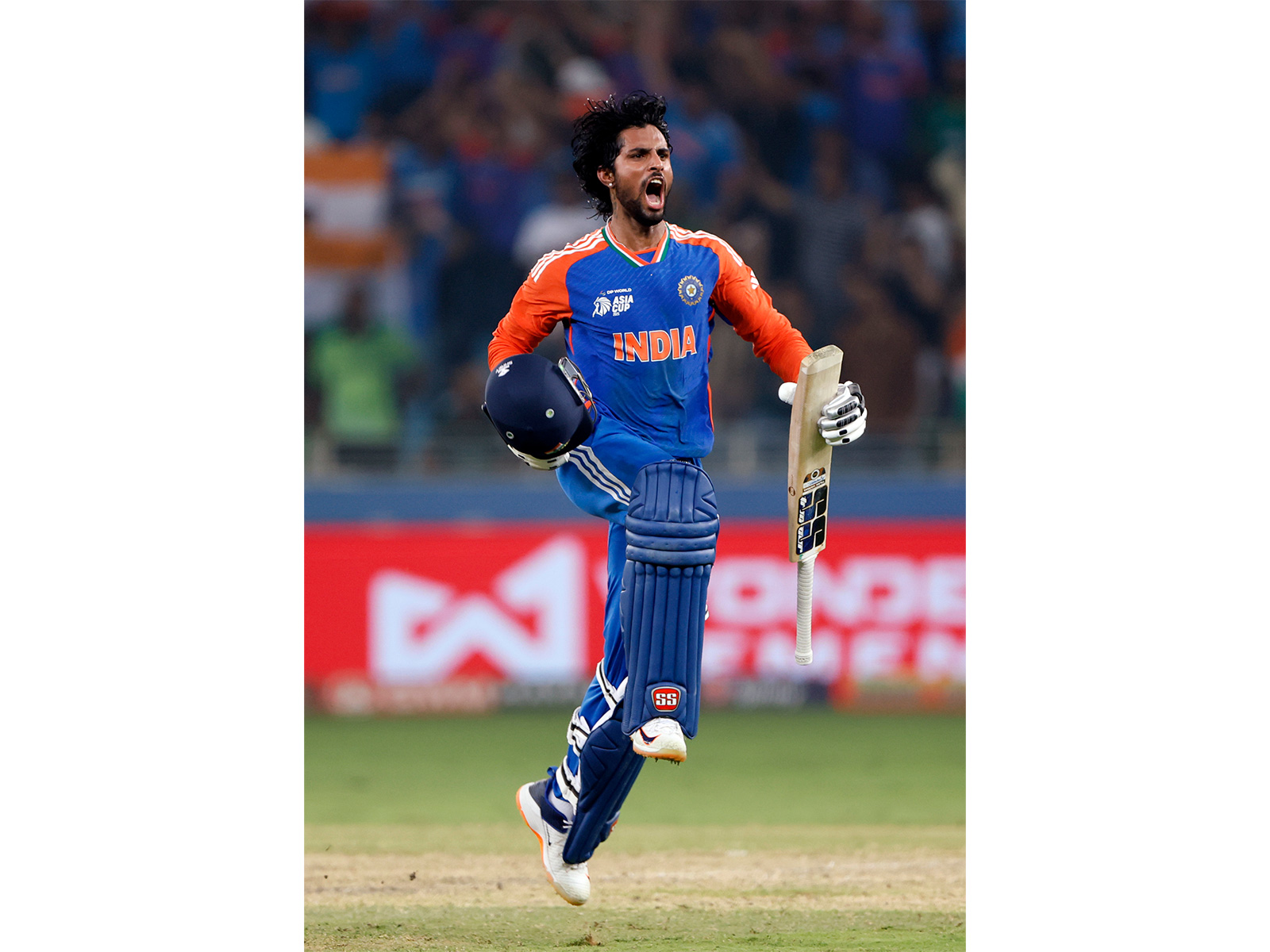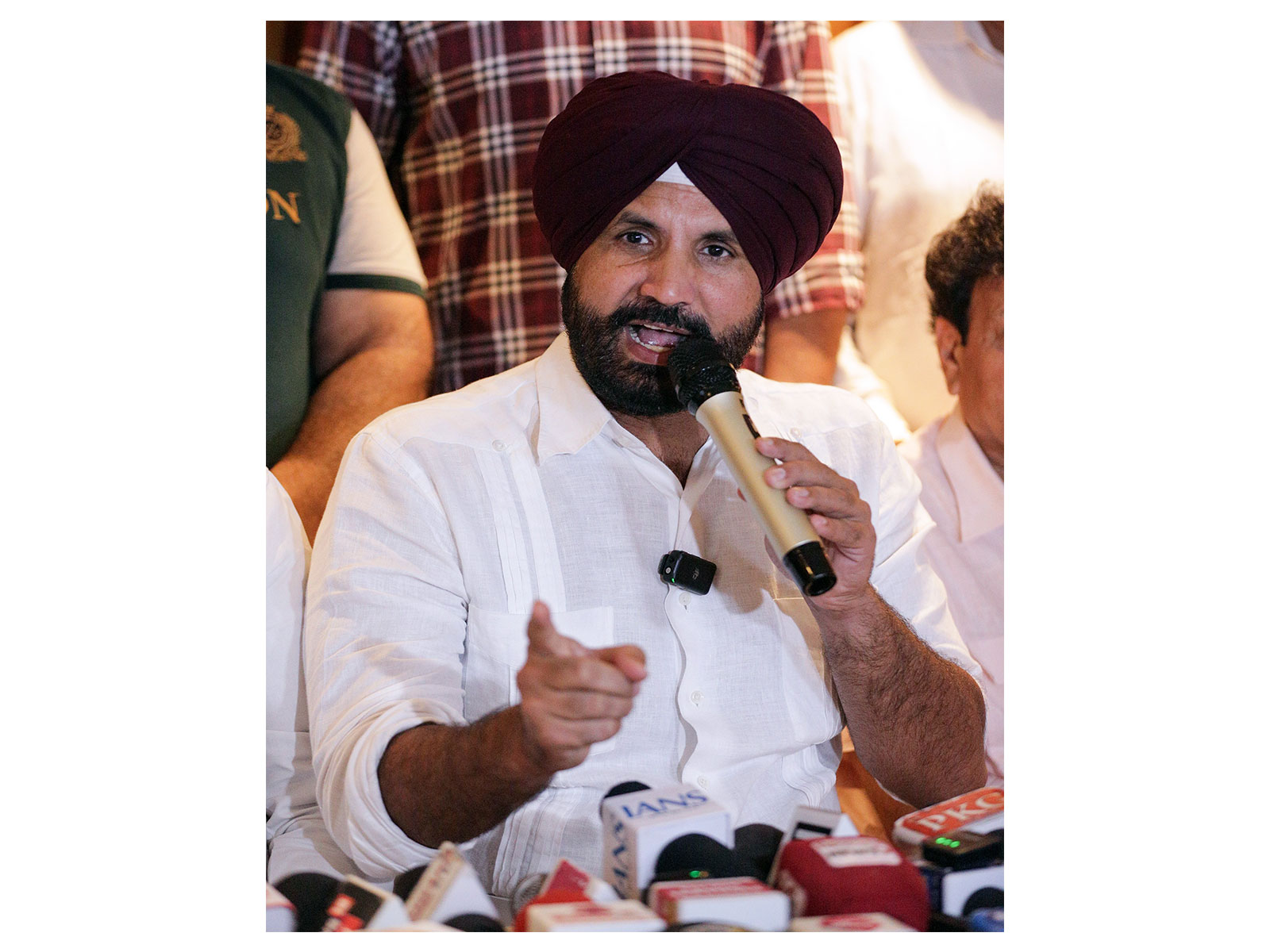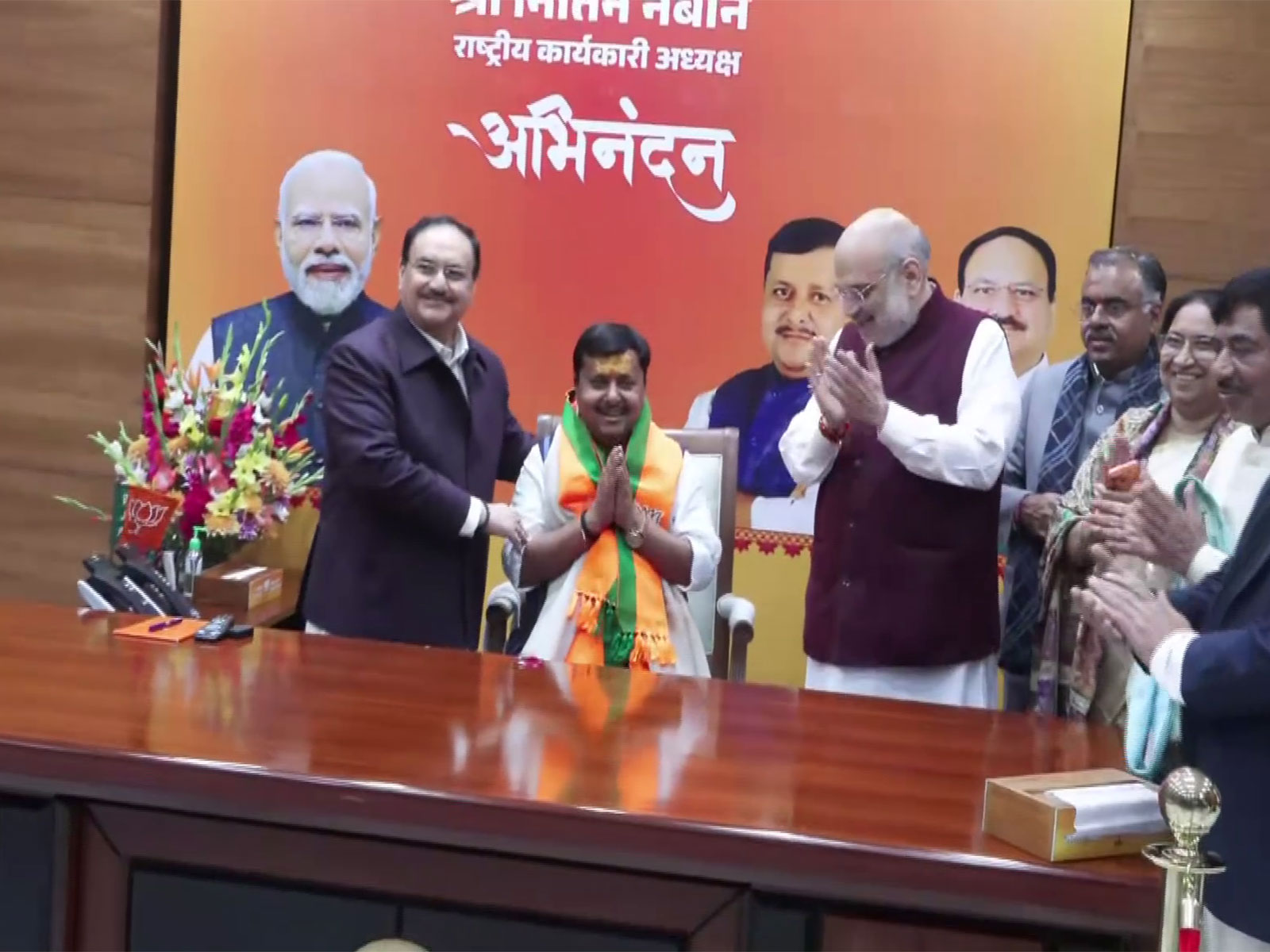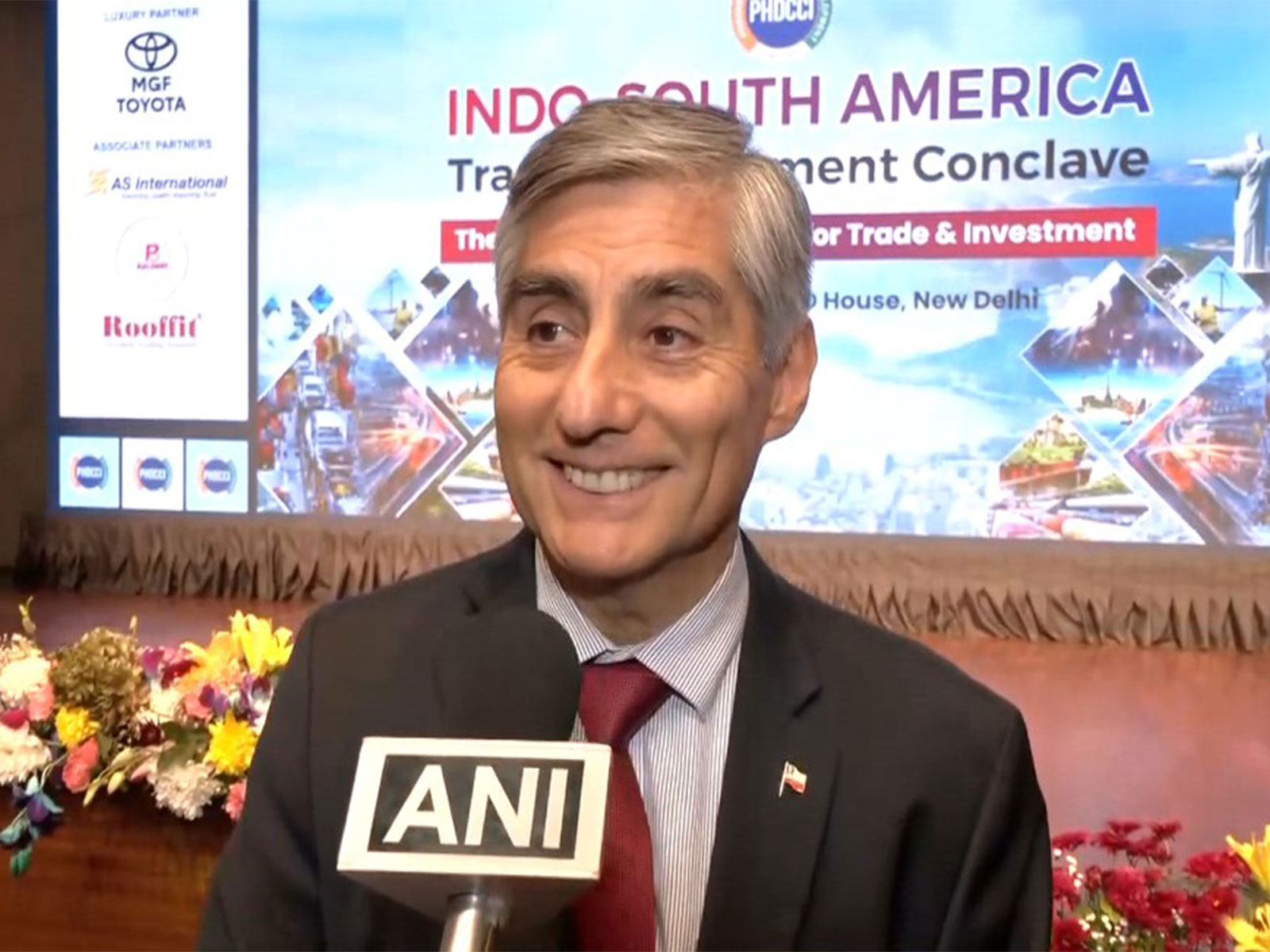Sri Lanka: UNICEF expresses concern over violence during protests
May 07, 2022

Colombo [Sri lanka], May 7 : The United Nations Children's Fund (UNICEF) expressed its concern over reports of violence during protests involving children in Sri Lanka, amid the ongoing economic and political crisis in the country.
"UNICEF is concerned with reports of violence during protests involving children. All actors must guarantee the right to peaceful assembly and freedom of expression, including for children," UNICEF said in a statement according to Colombo Page.
The UN organ went on to emphasize that "according to the Convention on the Rights of the Child, children and adolescents have the right to participate and express their opinions on issues that affect them."
"The State, local communities, and families have a shared responsibility to protect children and safeguard their rights," the statement read.
Saying that all kinds of violence must stop, UNICEF called on "law enforcement agencies to avoid the use of force and ensure that fundamental guarantees for the protection of children remain applicable everywhere, at all times".
"Every adult must act with a sense of responsibility and avoid exposing children to all forms of violence, including during protests," the statement said.
On Thursday, Sri Lanka Police fired tear gas on the protesters on Thursday in order to disperse the protest staged by University students under the theme "Let's oust the government! Let's reverse the system!" outside the parliament.
Taking to the streets to protest against the government led by the Rajapaksha family, the student protestors demanded that President Gotabaya Rajapaksa and his brother Prime Minister Mahinda Rajapaksa should end their rule of the country.
Meanwhile, the massive people's struggle "Go Home Gota" calling President Gotabaya Rajapaksa to step down at the Galle Face entered the 29th day today.
Last month, in a statement on Children taking part in mass protests against the government in Sri Lanka, UNICEF had highlighted the Children's rights to peaceful assembly and freedom of expression, including in peaceful protest enshrined in the Convention on the Rights of the Child, which Sri Lanka has signed and ratified.
"They should be given the opportunity to meaningfully voice their own concerns and participate in matters that affect their futures, and they need to be listened to," UNICEF said.
Sri Lanka is facing its worst economic crisis since independence with food and fuel shortages, soaring prices, and power cuts affecting a large number of the people, resulting in massive protests over the government's handling of the situation.
The recession is attributed to foreign exchange shortages caused by a fall in tourism during the COVID-19 pandemic, as well as reckless economic policies, like the government's move last year to ban chemical fertilizers in a bid to make Sri Lanka's agriculture "100 per cent organic".
Due to an acute shortage of Foreign exchange, Sri Lanka recently defaulted on the entirety of its foreign debt amounting to about USD 51 billion.
The economic situation has led to huge protests with demands for the resignation of Prime Minister Mahinda Rajapaksa and President Gotabaya Rajapaksa.
